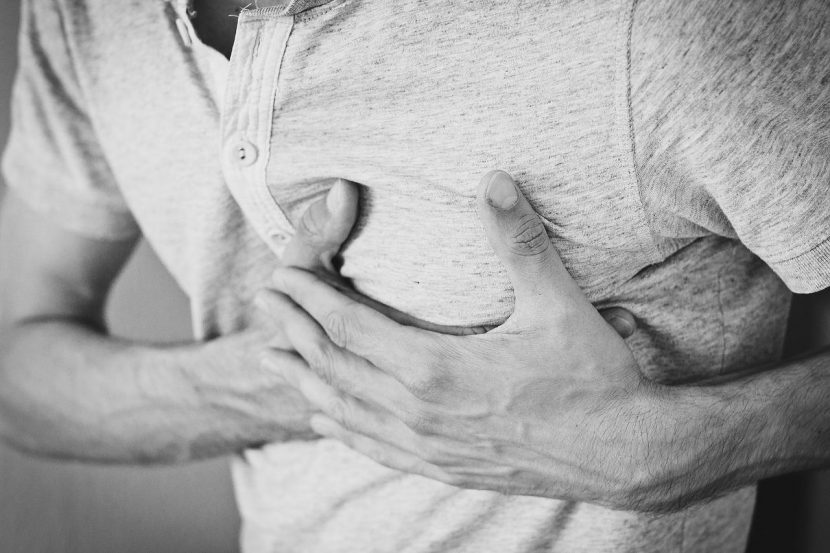Each year, over 17.9 million people around the world die from heart attacks or other cardiovascular diseases. This number is on the rise, possibly due to the terrible lifestyle choices that most people make.
Are you someone who has had a heart attack before? Or are you worried that you might be at risk of one? Today we will be dissecting what exactly causes a heart attack and what things you can do to help avoid them.

What Is A Heart Attack?
A heart attack is a condition where your heart fails to receive enough oxygen and / or nutrients to carry out its functions. This is caused by the arteries that supply oxygen to your heart being blocked.
Each and every heart attack may be different, but they generally start with mild discomfort and / or pain around the chest area. You may also feel it in other parts of your body such as your arms, jaw, neck, stomach, or back.
The deprivation of oxygen can damage your heart muscles and tissues, so it is crucial that you immediately contact paramedics when symptoms start appearing.
What Causes Heart Attacks?
There are numerous factors that may lead to heart attacks. This includes things such as poor diet, lack of exercise, excessive smoking, abundant alcohol consumption, or pre-existing medical conditions such as diabetes, obesity, high blood pressure, and high cholesterol.
Cholesterol is especially notable since it is the leading cause of heart attacks. There are actually 2 types of cholesterol:
- The ‘bad’ low – density cholesterol
- The ‘good’ high – density cholesterol that washes away the bad cholesterol
The bad Low-density Lipoprotein (LDL) cholesterol is the main culprit that you need to worry about. Over time, they can start to build up on the walls of your artery, creating clogs that restrict blood flow. This will result in a lower amount of oxygen that is received by your heart and will eventually give rise to a heart attack or stroke.
Heart Attack Symptoms
As we mentioned earlier, heart attacks don’t usually appear all of a sudden. They instead build up in a more subtle way. Make sure to listen to your body and watch out for these symptoms:
- Pain or discomfort in your chest, arms, back, stomach, neck, or jaw area
- Shortness of breath
- Nausea
- Cold sweats
- Lightheadedness
- Sudden fatigue
- Heartburn
How To Reduce Your Risk Of Heart Attacks
Getting a heart attack is clearly not fun, so if you want to reduce your risk of experiencing it we suggest following these recommendations:
- Reduce alcohol consumption
- Stop smoking, since cigarettes can cause chronic heart problems as well as other serious diseases.
- Reduce the amount of bad cholesterol in your system. You can do this by cutting down the consumption of food that are rich in LDL cholesterol, trans fat, and saturated fat such as deep – fried fast food and processed meat.
- Adopt a healthy diet that consists of food that fight heart diseases such as low – fat dairy, fruits, vegetables, whole grains, fish, legumes, poultry, and nuts.
- Exercise more to reduce your cholesterol and blood pressure levels.
- Limit the amount of stress in your life since it may give rise to heart diseases
Heart Attack Treatments
When experiencing a heart attack, it is better to go to a hospital as soon as possible. There, doctors will likely carry out one of these procedures:
- Stenting procedure: using a ‘stent’ to manually open a blocked artery
- Open heart surgery: using tissue from blood vessels that are located in other parts of the body to create a new path so that blood can flow around your blocked artery.
After the procedures, your doctor will likely prescribe you the following medications:
- Drugs to prevent blood clots such as aspirin, ticagrelor, or prasugrel
- Drugs to lower blood pressure such as diuretics, calcium channel blockers, or ACE inhibitors
- Drugs to lower bad cholesterol levels such as simvastatin, atorvastatin, or pravastatin





